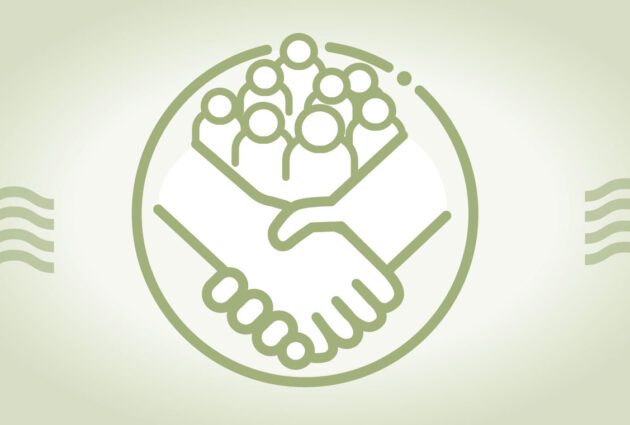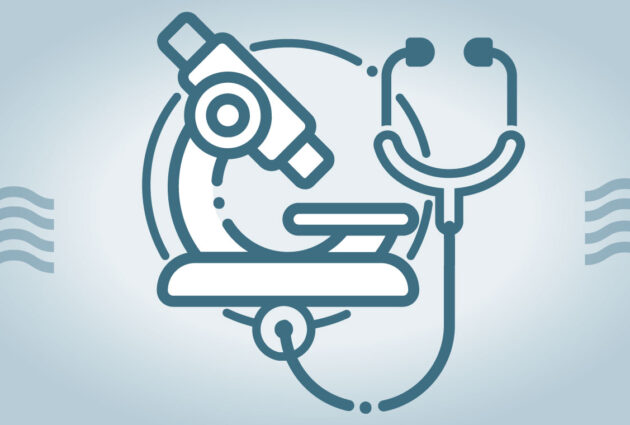Creating Our Healthy Neighborhood: Reversing Disinvestment in Urban Milwaukee
At a Glance
This project, led by Metcalfe Park Community Bridges, aimed to address the health inequities and socioeconomic challenges faced by residents of Metcalfe Park by promoting housing security, improving residential stability and enhancing the neighborhood’s built environment. Metcalfe Park is a predominantly African American neighborhood in Milwaukee that has experienced decades of disinvestment and neglect due to segregation and biased public and private investment.
The project achieved its goals and key accomplishments include establishing a Community Land Trust, purchasing five city-owned vacant lots for green spaces and connecting residents with resources for tenant and homeownership rights, credit recovery and financial literacy. During the COVID-19 pandemic, the Mutual Aid Program distributed essential supplies, established four mobile food pantries and offered four vaccine clinics. Additionally, the project advanced workforce development through partnerships with WE Energies and Madison Area Technical College (MATC) who offered residents pathways to apprenticeships and well-paying jobs through the new utility pole electrical training site in Metcalfe Park.
The Challenge
Metcalfe Park, a predominantly African American neighborhood in Milwaukee, has experienced decades of disinvestment and neglect due to segregation and biased public and private investment. The community faces significant challenges, including substandard housing with environmental hazards like lead exposure, high rates of poverty, illness, crime and violence. The construction of an interstate further disrupted the neighborhood, diminishing its economic value and political power. Despite citywide revitalization efforts, Metcalfe Park has been largely excluded, leading to inadequate schools and weakened civic activity. With over 72 percent of residents renting often substandard homes, there is an urgent need for safe, affordable housing and resources to address these environmental and social health determinants.
Project Goals
The overarching goal of this project was to address the significant health inequities and socioeconomic challenges faced by Metcalfe Park. The project aimed to promote housing security, improve residential stability and enhance the neighborhood’s built environment to foster a safer and more connected community. Through community education programs on lead eradication, efforts to reclaim and rehabilitate neighborhood properties into healthy housing and community partnerships, the project sought to empower residents to actively address these issues and build a healthier, more resilient community.
Results
The project successfully addressed each of its five focus areas through the Metcalfe Park Resident-Led Investment Plan: safety and placemaking, intergenerational wealth and housing, health and wellness, civic engagement and cultural connectedness. Key accomplishments included designing a housing initiative to prevent displacement of longtime families and increasing safe, healthy housing opportunities. This initiative involved establishing a Community Land Trust and purchasing five city-owned vacant lots for green spaces. Residents were connected with resources for tenant and homeownership rights, credit recovery and financial literacy. Additionally, the project secured funding and partnerships to facilitate home repairs and rehabs to ensure residents could remain in their homes and participate in community development.
Over the course of the project, Metcalfe Park Community Bridges implemented notable programs and campaigns to support residents’ health, wellness and civic engagement. During the COVID-19 pandemic, the Mutual Aid Program distributed 10,200 packages, 215,000 PPE supplies, 10,547 resource guides and 6,705 diapers to community members and four mobile food pantries were established to further support residents. The project also provided lead kits, filters and air purifiers, offered four COVID vaccine clinics and organized 50 health and wellness events. In addition to the COVID-19 response, the project launched its Get Out the Vote campaign. The campaign was featured in the PBS Frontline Documentary, “Whose Vote Counts”, and it resulted in the registration of 538 new voters in 2020.
Finally, the project advanced workforce development in the Metcalfe Park Community through a partnership with WE Energies and Madison Area Technical College (MATC). A new utility pole electrical training site was installed in Metcalfe Park, and the partners committed to having ten community residents in each training cohort. Upon graduation from the training program, residents will be eligible for apprenticeships and entry level jobs with starting salaries of $63,000.
More about the Community Collaboration Grant Program

